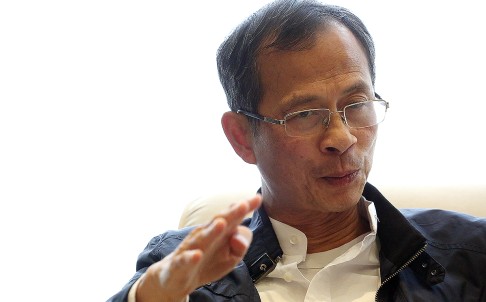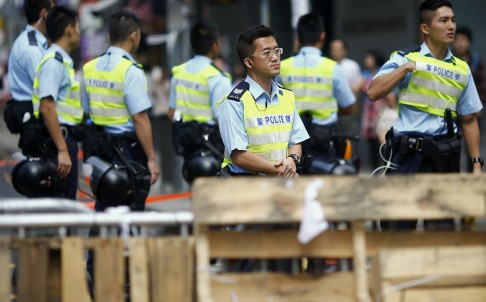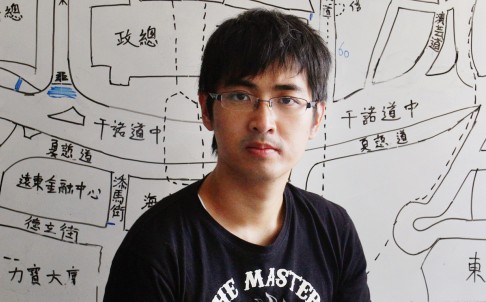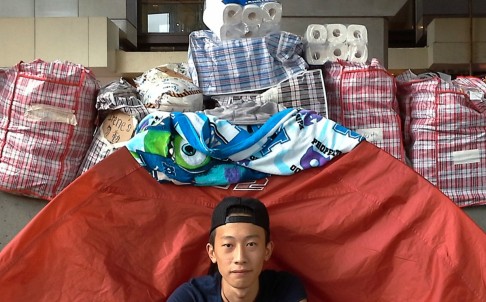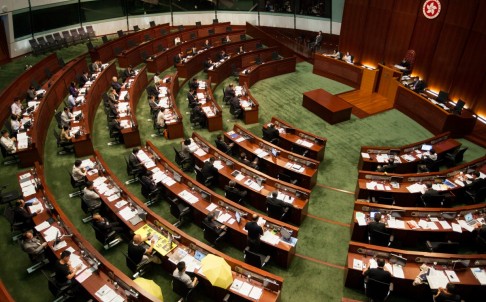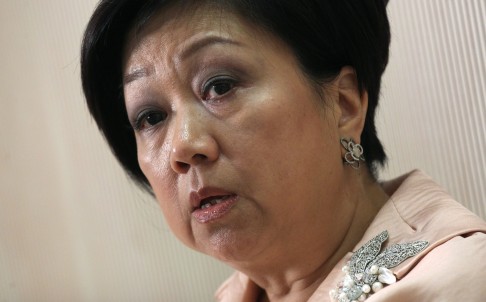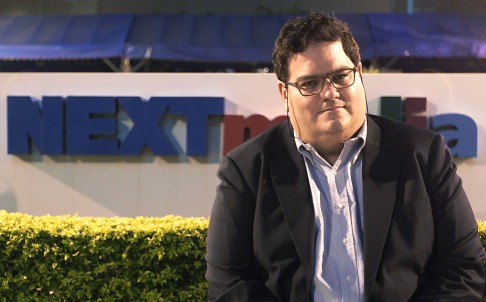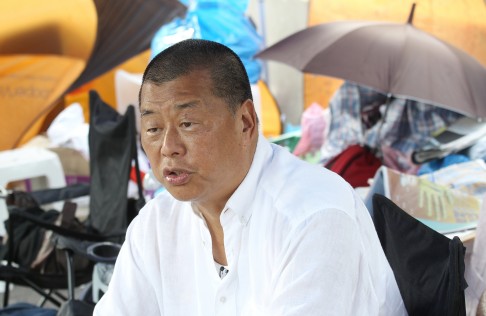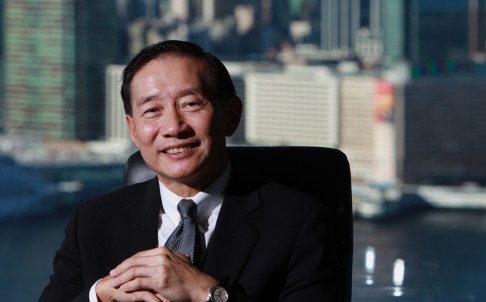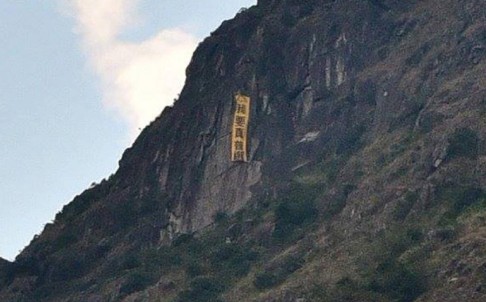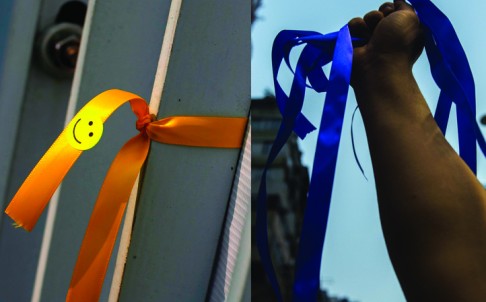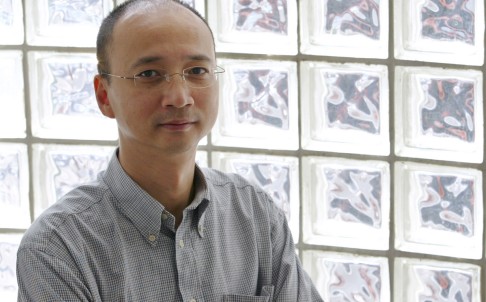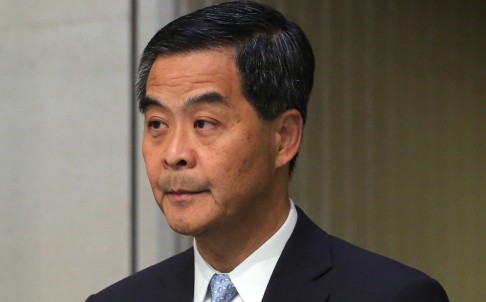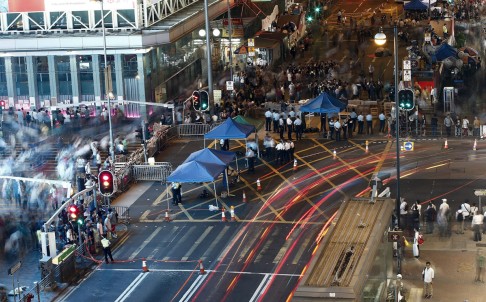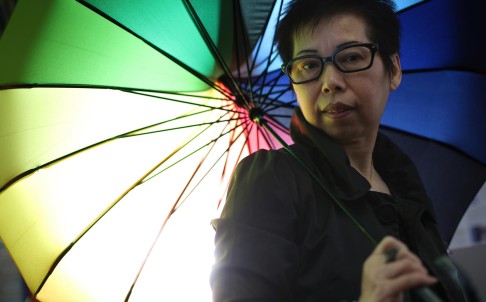The role of social media in Occupy protests, on the ground and around the world
PUBLISHED : Thursday, 30 October, 2014, 5:52pm
UPDATED : Thursday, 30 October, 2014, 5:52pm
Danny Lee

A screenshot of one of Josie Tao's posts to Instagram.
The message tweeted by Josie Tao Cai-yi immediately after she was tear-gassed and pepper sprayed by riot police in Admiralty on September 28 provided a stark insight into the experience. “First time I’ve actually witnessed the tear gas and pepper spray,” the 27-year-old shared. “Absolutely terrifying.”
Her message struck a chord that Sunday evening, and thousands of others on Twitter propelled Occupy Central to become a global topic. At the height of the riot police operation, 12 tweets about Hong Kong were being posted every second as images of protesters engulfed in tear gas spread globally. Days before the street protests began, there were just 19 Hong Kong-related messages being posted per minute.
As students invaded the forecourt outside government headquarters – known as Civic Square – on September 26, through the early days of the demonstrations up to September 30, more than 1.3 million messages about the city were posted, the social media company said. During that period the protests were among the most talked about events in the world.
“We’ve seen progressive new ways to connect [on social media], serving the needs of something like this in real time… and making sure we’re always connected, [just so] the message can get out fast.” said Scott Likens, analytics consulting lead at PricewaterhouseCoopers (PwC) China and Hong Kong.
He noted similarities to the organisation of the Arab Spring but the mobilisation of Hong Kong pro-democracy demonstrators “happened very fast” through social media in a way that “I don’t think we’ve really seen in previous events like this”.
On September 28, in the midst of the police action to clear thousands of protesters from the streets outside government headquarters, it was impossible to get reliable news from the ground, Tao said.
“It was quite chaotic on the ground. Accessing information was very difficult because of the scale of what was happening. It was difficult to see what was happening,” she said. “I couldn’t even see any of the red and yellow [warning] flags the police were waving, so I was using social media tools to see what was happening around me, so that I could stay alert,” she added.
On social media, Occupy Central with Love and Peace commands the biggest audience, with nearly 100,000 fans on Facebook and 25,000 followers on Twitter. Similar pages sharing stories inside Occupy camps, such as the Sordicma page jointly-managed by Jessie Pang Yu-tung, are aimed at attracting an anti-Occupy audience in a bid to win them over the cause.
“I hope to prove [anti-Occupy protesters] are wrong, as well as encouraging them to join this movement,” said the 18-year-old, who has participated in the street protests since day one. “I’ve tried to share the news from the street about what is happening because there were many rumours after September 28,” she said.
“The best way to verify gossip is to use social media and get users to right or wrong these rumours.”
One image captured by Tao and posted on photo-sharing platform Instagram showed protesters with their backs turned, hands covering their ears as they scrambled to safety from the plume of tear gas smoke just metres away.
Searching for hashtags such as “Occupy Hong Kong”, “Occupy Central” and “Umbrella Movement” brings up more than 110,000 images.
The volume of photos being shared on Instagram got the Facebook-owned platform banned in mainland China on September 28. Until then it had been one of the few popular websites not already banned on the mainland, where internet access is tightly restricted.
While Facebook and Twitter are among the big players already banned, Chinese alternatives such as Weibo deleted a record 152 posts for every 10,000 – five times higher than normal – as the protests kicked off.

